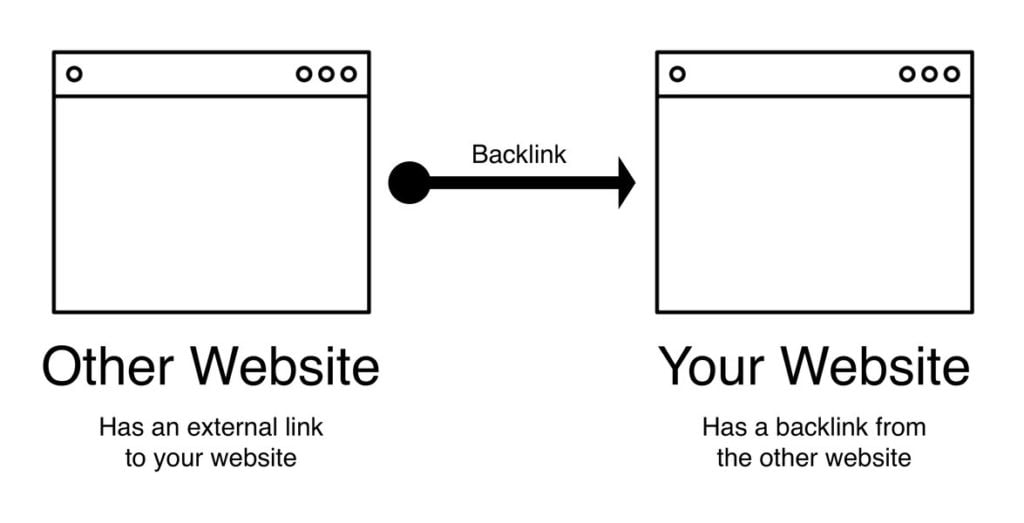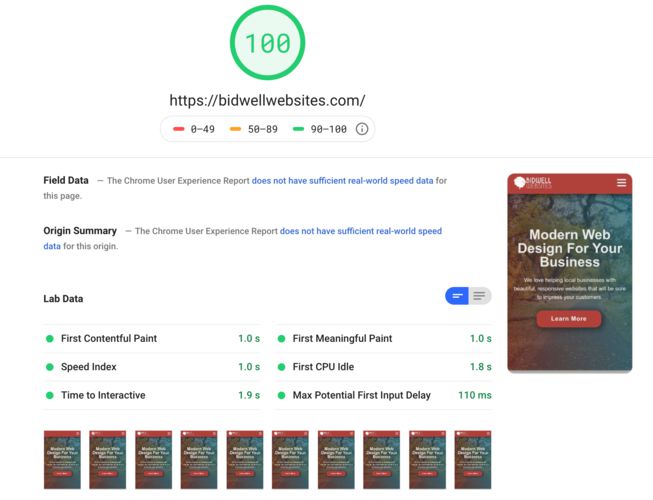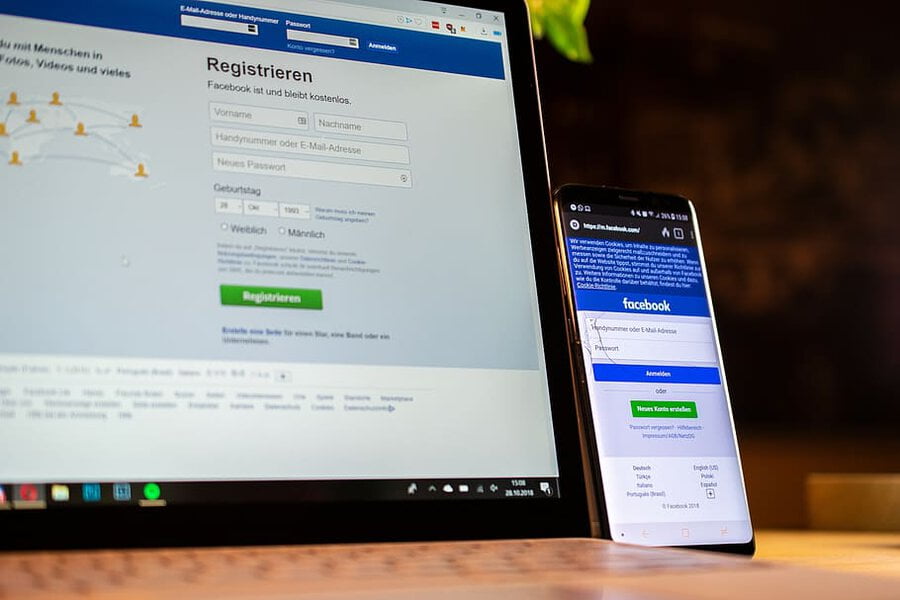
Although nobody is sure exactly how Google's algorithm works due to it's secret and guarded nature, there are some ranking factors that are well known and understood. Google's webmaster guidelines give us some insight, and there's much to be learned from experience both personal and from the SEO community.
When working on local SEO for our clients, as well as national SEO, we focus on all of these factors. Our process starts with an SEO audit, where we investigate all of these factors as see what needs work. Here's our list of the biggest things you should focus on to help your site rank higher in Google and get more traffic.

Backlinks are possibly the biggest ranking factor. Every link to your website from another website is an endorsement. It means the site thinks your website and content is quality enough for them to share. Having a large number of backlinks can be helpful, but Google also looks at the quality of the links.
In the early days of search engines, people would be able to send their website to the top of the search results by building a bunch of spammy links, so Google's algorithm had to improve to prevent this sort of manipulation. Today, tricking Google's algorithm is much more difficult, and much more likely to fail.
The most powerful backlinks come from sites that have a lot of users that Google already trusts. The context of the links is also important. Contextual backlinks, coming from page that's relevant to your site's topic, are the best kind of links. If a high authority site in your niche links to your site, this is a powerful endorsement that Google will reward.
Bad backlinks can hurt your rankings. You can the ways Google detects unnaturally built backlinks as additional ranking factors. If your site has a lot of links from low quality, spammy websites,

As we've discussed before, page speed is a big ranking factor in SEO. Google has stated they measure page speed and use it as a ranking factor, but a slow loading website also means more bounces.
When someone bounces, not only did you lose a visitor, but now they'll click on a competitor's website instead. Google also measures these kind of bounces to determine the order of search results.

Google has publicly stated that mobile friendliness is a ranking factor. Allegedly this only influences searches on mobile devices, but over half of web traffic is now from mobile devices, so mobile search is the most important to focus on with SEO.
Your site should be just as functional and easy to use on a smartphone as it is on a desktop computer. Usually this is achieved mostly with CSS media queries to apply styles based on the size of the user's screen. Google will also check that the website fits in the screen without any horizontal scrolling, text is big enough to read, and also that any links and buttons are easy to use.
Google's mobile-friendly test will analyze a webpage and report on its mobile-friendliness. For SEO, it's important that all pages on a site pass this test.
If you're looking for an easy way to check all of your pages at once, the folks at Experte have created a great tool that will crawl your site, and then run Google's mobile-friendliness test on all pages. It will check up to 500 URLs for free.
Content is king is a popular phrase in SEO, and it's true, quality content is important for SEO. Determining something subjective like content quality directly is difficult for an algorithm, so this may not be a ranking factor directly. However, with quality content, you'll have more engaged visitors to your website who keep coming back for more.
Relevant content that your visitors find useful will also mean people are more likely to share it. When people like your content, other site owners are more likely to reference it from their site, and people are more likely to share it on social media, giving you more backlinks and boosting your site's authority.
Technical SEO includes things like server configuration, creating a sitemap, the robots.txt file, and structured data.
Out of the box, web servers like Apache and Nginx are not always configured in the best for way a user's experience and for SEO. With a few simple changes, you can set up your web server properly and help to increase your rankings.
Google has long ago stated they are taking into consideration whether a site uses HTTPS as a ranking factor. With free SSL certificates available from Let's Encrypt, the cost is no longer a concern for smaller sites.
The Let's Encrypt client is installed on your server, and will automatically renew the certificate before it expires, keeping your website always encrypted with HTTPS automatically.
There's no excuse for not using HTTPS anymore, and Google's algorithm looks down on sites that don't, so this is an easy way to give your rankings a boost if you haven't.
The sitemap is not ranking factor exactly, but including one will help Google to discover all of the pages of your website so they can be indexed. You can't rank if Google isn't indexing your pages.
The sitemap is stored in a file typically called "sitemap.xml" at the root of your website. It contains a list of all of the different pages on your website and when they've been updated. Search engines regularly check this file to help them decide what pages they should crawl.